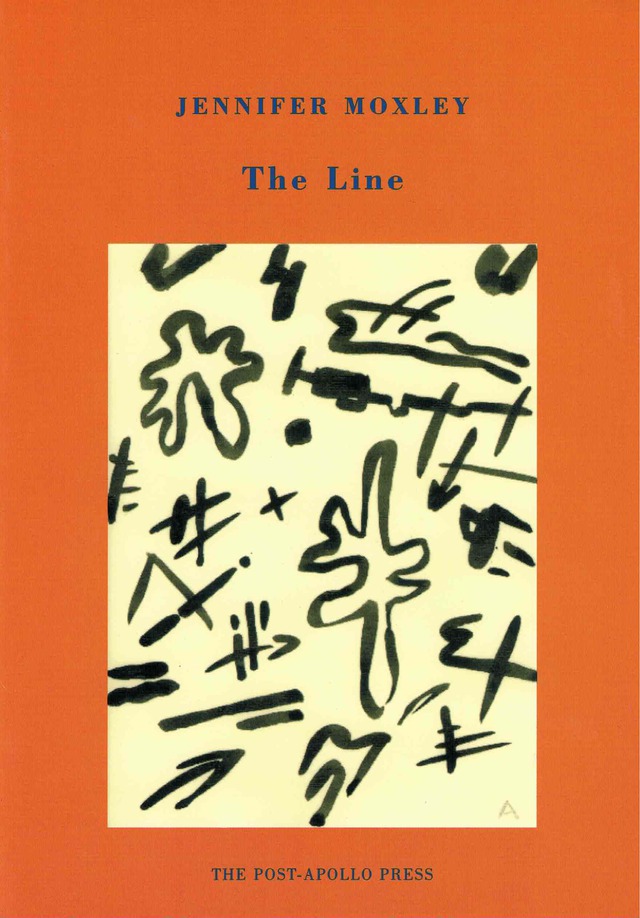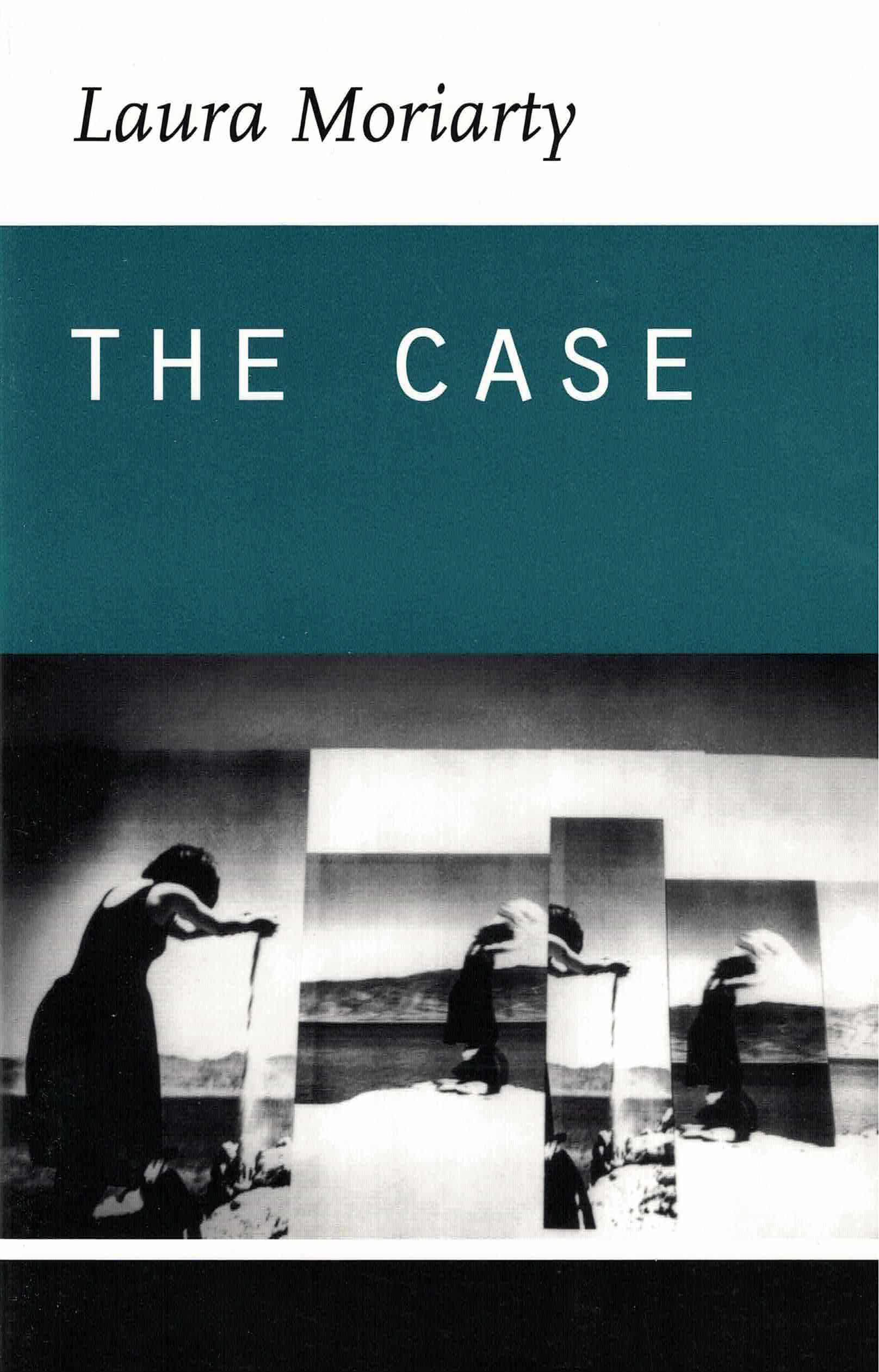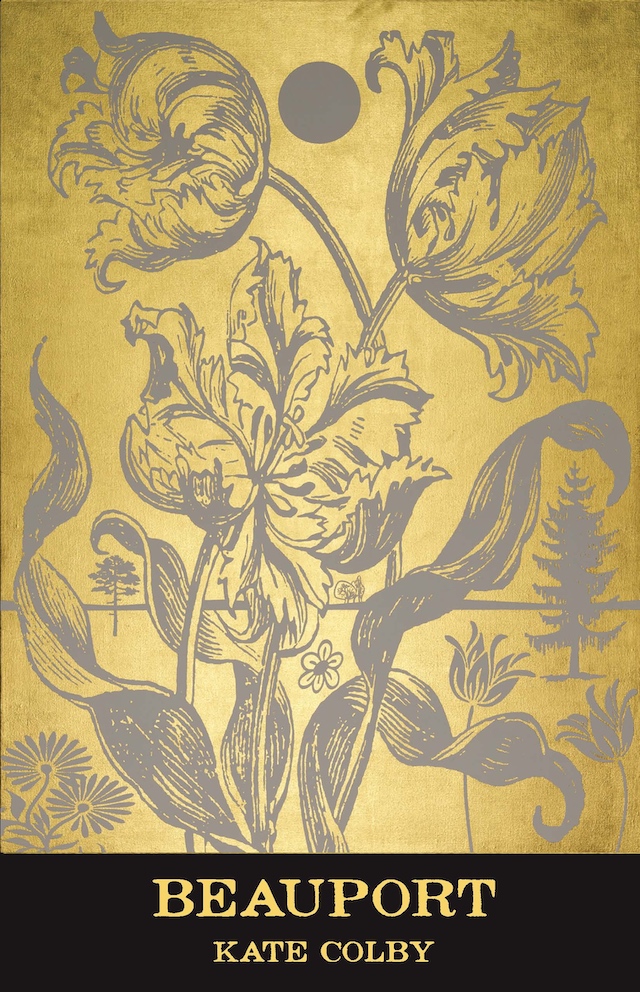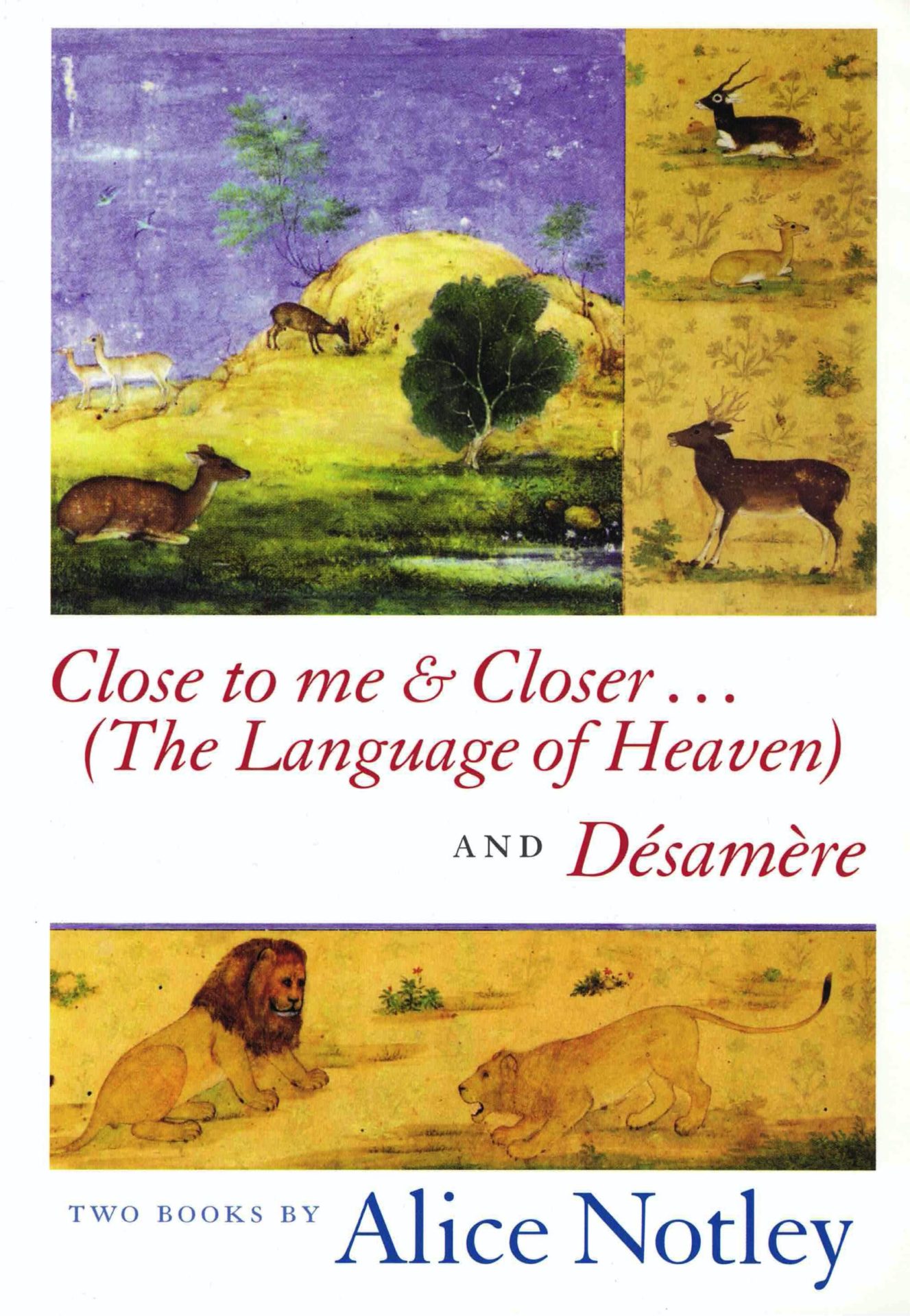From the Contemporary Poetry Series #2
In The Line, Jennifer Moxley composes a series of 43 interwoven prose poems in which the speaker holds forth from the intermediate zones between sleep and wakefulness. Here, the poet ranges associatively through memory, sensation, observation, and critique, as a threshhold dreamer, a subject half-unmoored from place and time. “In the liminal all times converge,” she writes.
Jennifer Moxley
Praise for The Line
The Line extends in a series of interlocking prose poems, creating a strobe-like effect of intensely imagined moments shifting between sleeping and waking. Sharp, satirical, lush, or clear, the narrative voice twists through, seeking a line through time to braid its selves together. Moxley’s intrepid language tosses us into the swim—into a bracing intimacy with the writing consciousness. These prose poems tell the story of sleeping and waking, of this very bout of writing, of the search for the line of time and the poet’s immortality. The Line feels like a classic already, with its just words and its images suggested by sound and experience. It is a poetics but also a real, readable tale.
— Alice Notley
We’re in the state between sleep and waking, where consciousness resists the tasks of reason and routine but instead views, from the perspective of darkness, the whole span from newborn promise to the old mammals’ erosion of muscle. Moxley’s usual keen intelligence here comes with an oneiric fluidity as it hunts through the perplexities of life for The Line from past to future, the line for words to form and, implicitly, the ideal line of verse these prose poems play against with their amazing leaps, sly humor, and complex inference. You’ll wish the morning sun would not win out, the book not come to its end.
— Rosmarie Waldrop
Something about these poems is in flight “from each new instance of daylight,” something in them is “asleep before belief,” not wanting the onerous responsibility of adhering to or directly articulating beliefs. And yet there is a compelling playfulness and curiosity in the poems as they move from an anatomy of desire in the present tense to an exploration of the darkness of past and future, in their refusal to “snuff out the metaphysical questions.” There is, finally, the courage here to “enter the grave alone”—”In other words, [to] write.”
— Julianne Buchsbaum, Pleides: A Journal of New Writing





Time is a key problem in these poems, as is the struggle to articulate the inner experience of the “you” who functions as their main character. While Moxley clearly owes a debt to the Language poets of the seventies and eighties, and to a whole range of poets working in innovative and non-narrative modes over the past century, the underlying lucidity of her work makes it surprisingly accessible.
— Jeff Gundy, Foreword Magazine